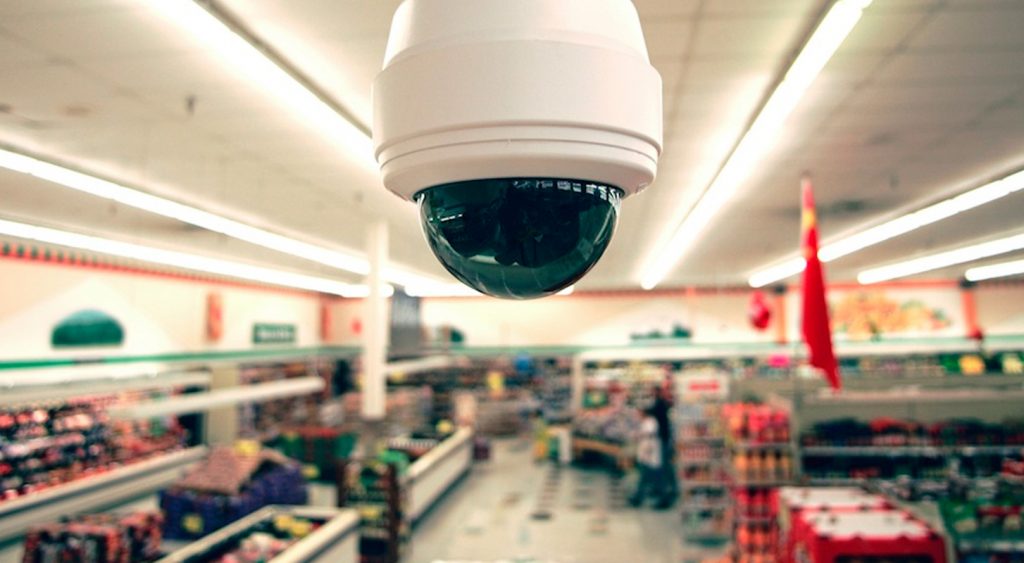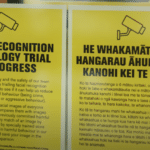NZ retailers adopt FRT to fight retail crime following privacy commissioner report

A host of major New Zealand retailers are signing up to deploy facial recognition technology in their stores.
The bosses of Briscoes, Bunnings, Farmers, Mitre 10, Michael Hill, One NZ, Spark and The Warehouse will implement biometric surveillance in their stores “to reduce harm and proactively combat retail crime,” The Post reports.
“We are firmly of the opinion that FRT, when used fairly and accurately, can be a valuable intervention to help keep customers and employees safe,” said Retail New Zealand head Carolyn Young, speaking to The Post.
Unlike in neighboring Australia, the use of facial recognition technology in retail has been given the greenlight in New Zealand by its privacy watchdog under certain circumstances. There is a notable difference as Bunnings New Zealand employs the technology but the use of FRT by Bunnings Australia has been sanctioned by that country’s privacy commissioner.
Last week, New Zealand Privacy Commissioner Michael Webster gave the go-ahead to Foodstuffs’ facial recognition trial. Webster’s report ruled that the trial, which covered 25 supermarkets between February and September 2024, was in line with New Zealand’s Privacy Act and that the system was effective at reducing harmful behavior, in particular addressing serious violent incidents.
However, the report cautions against any future “mission creep” — even such as minor retail crime prevention. But this hasn’t stopped the aforementioned retailers adopting the biometric surveillance technology. Under the banner Retail New Zealand the retailers say their staff face high rates of verbal and physical abuse from repeat offenders who are often responsible for “significant violence, stock loss or damage,” according to Young.
Webster’s report said that sometimes facial recognition technology is “self-evidently” effective when meeting a “specific lawful purpose” but warned that the report was “not a green light for more general use.”
New Zealand retailers support the use of facial recognition technology to reduce the harm caused by what they term “recidivist offenders” although such offenders’ details were often held already on private surveillance systems, which was widespread in retail. But Young said FRT helps their teams to “prevent or de-escalate incidents and offences” as the technology enables the quick identification of “individuals of interest.”
“FRT will only be acceptable if the use is necessary and the privacy risks are successfully managed,” says Webster. The Privacy Commissioner’s Office is working on New Zealand’s first code of practice for regulating biometric data, which is due to be released by mid-2025. The government is also carrying out a broader review of the country’s privacy laws, reportedly to identify legal barriers to using facial recognition in retail.
Article Topics
biometrics | facial recognition | New Zealand | New Zealand Privacy Commissioner | retail biometrics | video surveillance





Comments